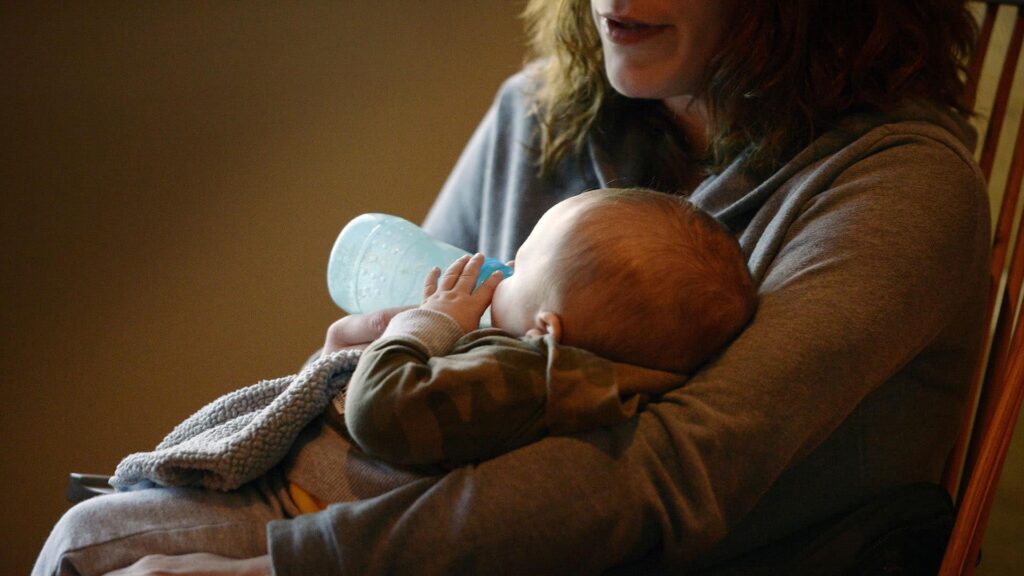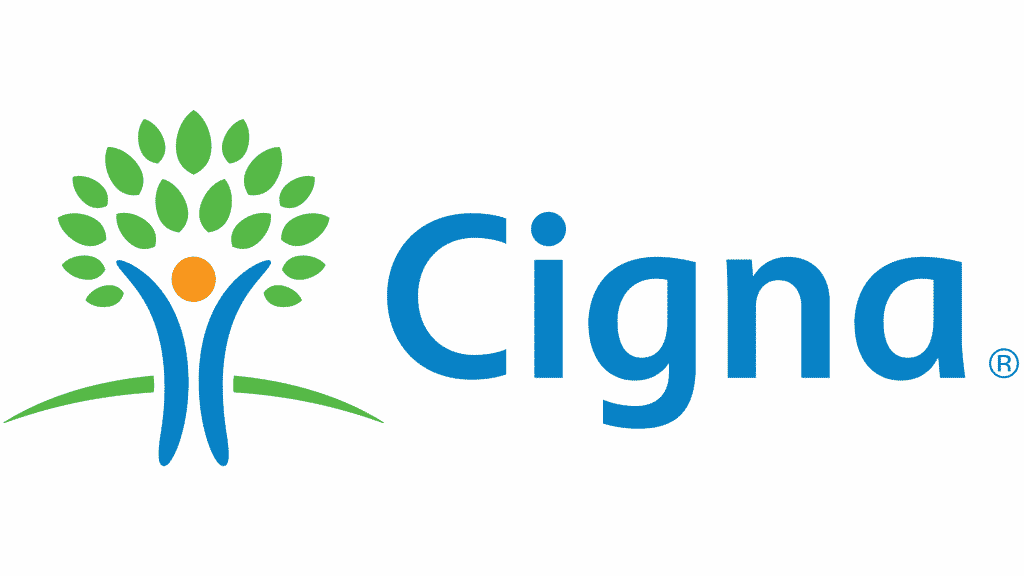The journey towards sobriety is never an easy one and requires an immense amount of dedication, motivation, patience, and resilience to get through it. As well, one can expect that this journey is a lifelong commitment which can come with some unexpected turns and bumps that you might not be prepared for.
However, in the end, the road to recovery from drug rehabilitation is a rewarding one that transforms you in every aspect and frees you from your addiction and allows you to live a fulfilling life with the people that matter the most to you in your life including yourself.
It all starts with you and your decision to become sober.
What to Expect from Drug Rehabilitation Process?
First and foremost, you can expect that there will be no locks on the doors — no matter how you came in (whether it be through court order or voluntarily). The drug rehabilitation process will only work if you are willing to commit to the program. Otherwise, you are only wasting your time and money and everyone else’s resources.
Second, each person’s path through the process will differ depending on their individual needs, type of addiction, and treatment needed. However, the alcohol & drug rehab process typically occurs in 4 stages which are intake, detoxification (detox), rehabilitation (rehab), and recovery.
Intake
The first step within the rehab process is determining what treatment center will work best for you. Usually, the rehab center will ask you questions and run certain tests to determine what treatment plans will work best for you and if what you need is offered at their center.
There are a couple of different service options that you chose from which includes:
- Inpatient: a setting where patients staying in a treatment facility under 24/7 care like a hospital or other residential facility.
- Outpatient: offer similar services to inpatient with the exception that patients are allowed to return home each night after treatment.
Each of these options can be presented in a number of ways from luxurious resorts to facilities tailored to a more executive crowd. For example, at Magnolia Ranch Recovery, we offer a more luxurious, yet quaint facility for our patients that focuses more on outpatient services.
Key Principles to Consider
Before starting any drug rehabilitation program, there are some useful key principles to consider that have been recommended by the National Institute of Drug Abuse. Three of these key principles are:
- For treatment to be effective, it needs to address all aspects of the individual — not just their alcohol or drug abuse.
- Addiction is a complex illness that not only affects the brain’s behavior but function as well.
- Individuals who suffer with drug or alcohol addiction might be affected by other mental disorders.
Detox
The next step (and probably the hardest) of the drug rehab process is detox.
To detox, a person must allow their body to complete remove all traces of the drug or alcohol. The length and severity of the detox process will differ from person to person and also depending on how long the drug was taken for and other factors. To help ease withdrawal symptoms, maintenance medication might be prescribed such as methadone and benzodiazepines.
Generally, the detox process can last anywhere between 5-7 days — again, depending on the circumstances. However, the detox process can be dangerous (depending on the person and substance), so it is not advised that an individual should detox at home.
Withdrawal
Once detox is done, a person can exhibit withdrawal symptoms to include:
- Insomnia
- Sweating
- Headaches
- Severe depression
- Hallucinations
- Agitation
Rehab
The next step in the rehab process is, of course, rehabilitation. Essentially, this is where the core causes of a person’s addiction are identified and addressed so that they can avoid relapse and return to their everyday life.
To accomplish this feat, patients can undergo several types of therapy which include family, individual, and group.
During individual therapy, patients learn strategies to help cope with their triggers and situations that caused them to use in the first place. They also learn time management skills to preoccupy their free time to prevent relapse as well as finding new hobbies and skills to learn.
Family therapy — which is completely voluntary for family members — involves resolving issues within the family dynamic that might have triggered the addiction within the patient as well as providing a means to strengthen familial relationships that can aid in the recovery process.
Group therapy provides similar support in terms of individual therapy but in a group dynamic. It is also a constructive way for individuals to form bonds with others who are in similar predicaments as their own.
Recovery
Long after the rehab process has finished, there is still the continual journey of recovery. While it might appear easy initially, for some, there will be trying times in life that can threaten an episode of relapse. Therefore, many individuals seek out post-rehab programs that can hold them accountable if they do relapse and provide them the support they need to continue to stay sober long after rehab has finished.
There are many options available to former addicts that can provide support during the recovery stage including:
- Sober living facilities
- 12-step groups
- Anonymous programs like AA (Alcoholics Anonymous)
- Some rehab facilities offer follow up programs for former patients.
Making The Right Choice
Coming to the realization that there is a drug or alcohol addiction in your life isn’t the easiest — whether it was on your own, by a friend or family member, or as a consequence of running into the law. Either way, making the decision to voluntarily seek help is the first step and one that will reward you and shape you for the rest of your life.
Each person’s journey is different but all of them want to achieve the same goal –– to be sober –– and at Magnolia Ranch Recovery, we can make that a reality.


















